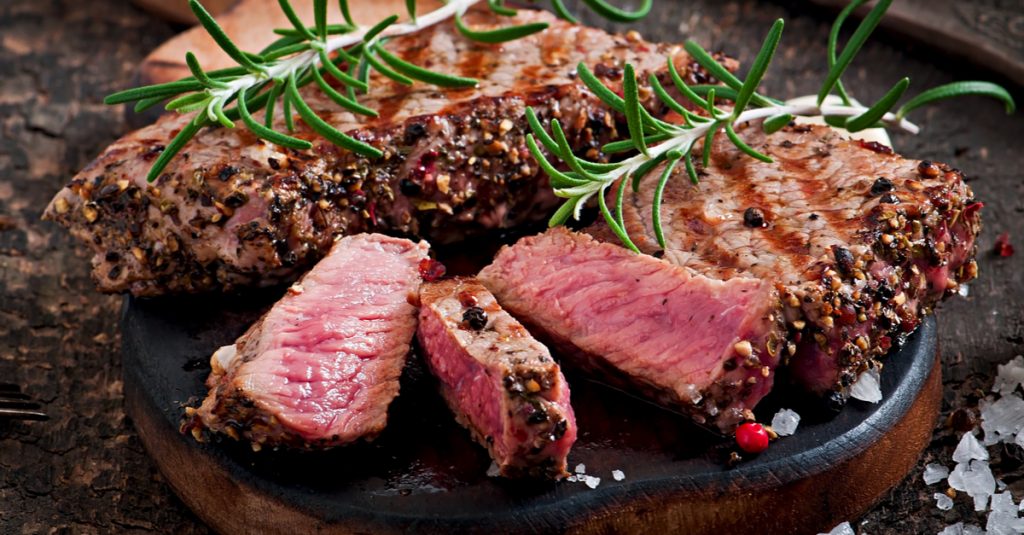Food activist godfather Kelly Brownell reiterated his call for soda taxes this weekend, claiming that decreasing the cost of healthy food and boosting the price of unhealthy food will encourage better eating habits. As usual, Brownell is ignoring compelling scientific evidence that says otherwise.
A new study from researchers at the University of Buffalo found that making healthy food more affordable had the unintended effect of freeing up more money for junk food. The researchers recruited mothers to shop for groceries in a simulated supermarket and reduced the price of items such as fruits and vegetables. Although the mothers bought more of the discounted produce, they used the extra money to purchase more packaged snacks. “When you put it all together, their shopping baskets didn’t have improved nutrition,” says Leo Epstein, a professor of pediatrics at the University of Buffalo.
Likewise, a 2008 study by Emory University economists examined the impact of changes in states’ taxation rates on obesity levels. They concluded that soft-drink taxes have only a minimal impact on weight because, even when untaxed, soft drinks represent only seven percent of the average soda drinker’s total caloric intake.
It’s noteworthy that Arkansas and West Virginia have soda taxes. And those two states have obesity rates among the nation’s highest. West Virginia ranks third while Arkansas is tied for 10th place.
Despite all this evidence, money-hungry politicians (and ideologues like Kelly Brownell) continue to press for soda taxes. Philadelphia Mayor Michael Nutter is calling for a 2-cents-per-ounce tax on all sugar-sweetened beverages, which would force the city’s residents to pay another $70 million in taxes.
The measure is drawing considerable criticism. Members of the Teamsters Local 830 held a protest against the Nutter soda tax during the weekend’s Patrick’s Day Parade. “We understand that the city is broke,” said Teamster Dan Grace. “But it can’t just be on the backs of my members.”
And a Philadelphia Inquirer editorial says a soda tax is unfair to the poor. “Unfortunately, the drink tax is unlikely to improve the health of residents,” the paper’s editorial board notes. “But it will hit those who can least afford it the hardest.”


